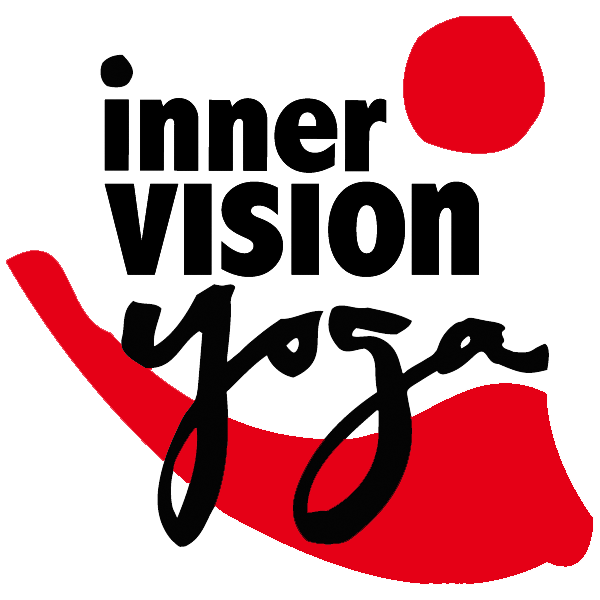Knowledge is Power, Not-Knowing is Pain
By Jeff Martens
anitysuci-duhkhntmasu nitya-suci-sukhtma-khytir avidy
Ignorance (not knowing) is mistaking the transient for the eternal, the impure for the pure, pain for happiness, and the false self for the God-self. Yoga Sutra 2.5
In the Yoga Sutra of Patanjali, Avidya is the first of five Klesha or afflictions. From this root of ignorance (a=not, vid=to know) all suffering springs forth. At first glance it may seem an easy thing to not get caught up in avidya, especially that part about mistaking pain and happiness. “I couldn’t do such a thing,” we think. “After all, I know the difference between pain and happiness, right?”
Is there someone in your life right now that you pretty much can’t stand? Perhaps you were wronged deeply in the past. Perhaps your anger is fully justified and even right. Perhaps others agree with you. Maybe the one who offended you even broke the law. According to Patanjali, to cling to your anger, to cling to your righteousness, judgement and condemnation is to become lost in avidya. And once we identify with the false self, we are ripe for the other four afflictions and are in danger of forgetting what is true and real in our lives. But why would the mind cling to such a painful practice? And how is this pain mistaken as pleasure?
When we continually cling to our resentment and superiority that comes from condemning another, what is really happening? We may feel strong in our position. We may even feel justified in our stance of condemnation and superior to those we are judging. All of this mental activity leads to a false perception of happiness or pleasure. In actuality, to remain in a constant state of anger or resentment, victimhood or judgement is an extremely painful affair which makes us ripe for a false identification with the cause of our suffering.
To remain in ignorance we must first run away from the present moment. Not only does our constant re-enactment of the past situation that brought us pain condemn us to a continual state of mental suffering, our false happiness then depends upon perpetuating the myth of suffering in order to re-apply our labels and judgments unto our enemies into the future. These labels and judgments are then nurtured and fiercely protected in order to keep ourselves “right”. By clinging to this sorrowful practice we only create more misery for ourselves and those around us. This is the case EVEN IF YOU ARE “RIGHT”. Even if you are justified in your anger and were horribly wronged by this person or situation in the past. Our mind mistakes pain for happiness and we become lost in a world of “not-knowing” where day is night and the false is true.
The false self will always choose being right over being happy because it is a predictable (“safe”) state and artificially forces the world into a familiar if contorted appearance of good and evil, right and wrong. The thing about playing in duality without consciousness is that you begin to identify with your labels. Eventually the wheel will turn and the oppressor will become the victim and the victim will feel what it is like to be the oppressor through the mechanism of judgment and separation. Seeing beyond these labels into the actual experience, we begin to realize that what we are really encountering are core issues of unworthiness or darker aspects of ourselves too painful to recognize so close to home. In the mind’s projection we are able to temporarily cast these undesirable experiences in the form of another, thereby avoiding looking at ourselves as the source or our own happiness or sorrow. This is a sure recipe for victimhood and suffering.
heyam duhkham angatam
The pain that is yet to come can and is to be avoided.
So what is the answer? Many religions tout the benefits of forgiveness or non-violence. But to force yourself to forgive only creates more anguish and makes it harder to forgive yourself. And to force nonviolence is an ugly affair that results in suppressed anger and a false sense of superiority. Forgiveness and non-violence are states of being, not things you can force upon yourself or others. The end of ignorance or avidya is a much simpler one — it is the practice of awareness. Ignorance is like a shadow which ceases to exist once awareness begins to dawn.
What are we to become aware of? The only thing that we can truly know, that which is within ourself. What have these feelings brought up? Where do they come from? Is there perhaps a deeper root from my past where I learned to identify with a false aspect of my life? How is this current situation bringing the unresolved past into this moment? How am I projecting the past onto the people and situations that are all around me now?
Yoga postures integrate mind, body and emotions and help us to cultivate a present moment awareness, as does meditation which also reveals all of false identification and labeling of ourselves and others. Through the path of awareness, roots are revealed and the states of forgiveness and non-violence then begin to bloom naturally, on their own, after we have learned not to condemn or judge our own existence. At this point the pain that was yet to come is no longer there, and we are free to use our free will to create a path of happiness in our life rather than constantly choosing the dark road of pain.
Jeff Martens is a teacher, writer and co-owner of Inner Vision Yoga. All suggestions are voluntary. Consult a qualified teacher or your physician before you embark on any practice in which you are unfamiliar.
For more inspiring yoga essays click here…
